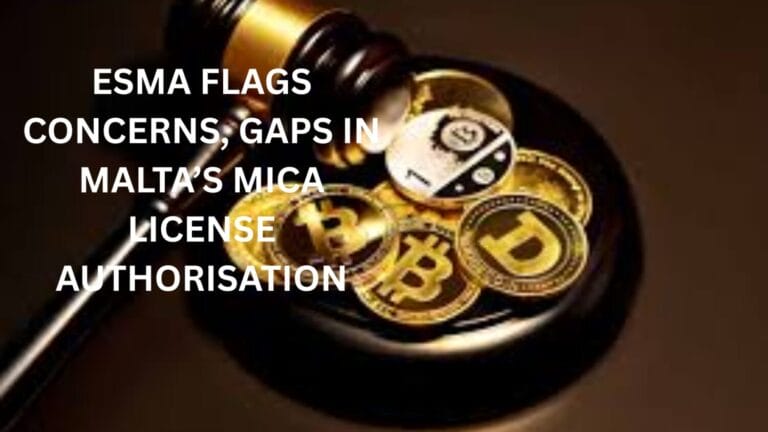Key takeaways:
- Paul Grewal took a harsh stance against the US GAO for its latest study on the usage of cryptocurrencies to circumvent sanctions.
- According to the GAO report, foreign governments under US sanctions have used cryptocurrencies like Bitcoin on multiple occasions to get around the restrictions.
Paul Grewal, chief legal officer of Coinbase, took a harsh stance against the US Government Accountability Office (GAO) for its latest study on the usage of cryptocurrencies to circumvent sanctions.
Grewal claimed in a post on X (formerly Twitter) on January 22 that the US GAO had conducted no comparative study and was only criticizing a sector of the economy that spends enormous sums of money adhering to the law.
Grewal emphasized that acknowledgments that digital assets are a comparatively weak means of evading penalties can be found even in the report itself, tucked away within the links.
The US GAO report in question was released on December 13, 2023, and the federal response to the matter was released by the GAO on January 16.
According to the GAO report, foreign governments under US sanctions have used cryptocurrencies like Bitcoin on multiple occasions to get around the restrictions. The report stated:
“Digital assets like Bitcoin and other virtual currencies pose risks to implementing and enforcing U.S. sanctions, but several factors partially mitigate these risks (see table). A key feature of digital assets is enabling users to rapidly transfer value across countries’ borders.”
The public ledger and decentralized structure of cryptocurrencies, according to the GAO, could allow US agencies and analytics firms to trace transactions and potentially identify illicit actors, as the study acknowledges.
Aside from that, the research acknowledges the limitations of employing digital assets as a form of payment. The research also mentioned the possibility that putting in place international standards may boost adherence to anti-money laundering (AML) laws.
Despite this information, Senator Elizabeth Warren, a crypto-averse person, exploited the research to incite alarm among the sector. A law that would guarantee cryptocurrency businesses adhere to the same AML standards as conventional financial institutions is presently being pushed by Warren.
People soon informed Warren, though, that the research she quoted only covered one case of a Chinese party utilizing cryptocurrency to evade sanctions.
Global legislators and influential government regulatory bodies have put in place frameworks to harmonize cryptocurrency with anti-money laundering regulations.
The Markets in Crypto-Assets Regulation has previously been enacted in Europe, and stringent laws governing cryptocurrency service providers are also being implemented by Asian nations, including Singapore, Japan, and Hong Kong.
Less than 1% of the total quantity in circulation is utilized for illicit operations, which is a much smaller percentage than that of fiat currencies like the US dollar.
This is another important point that most studies miss or disregard. Because of the public ledger system, there have been multiple examples where it has taken years for thieves or hackers to move stolen or hacked cryptocurrency cash. Even in those situations, the thieves are usually discovered and prevented by cryptocurrency exchanges.
On the other hand, despite repeated demands from lawmakers, US crypto rules have not yet been finalized. Nonetheless, particular regulatory guidelines are in place to control suppliers of cryptocurrency services.









